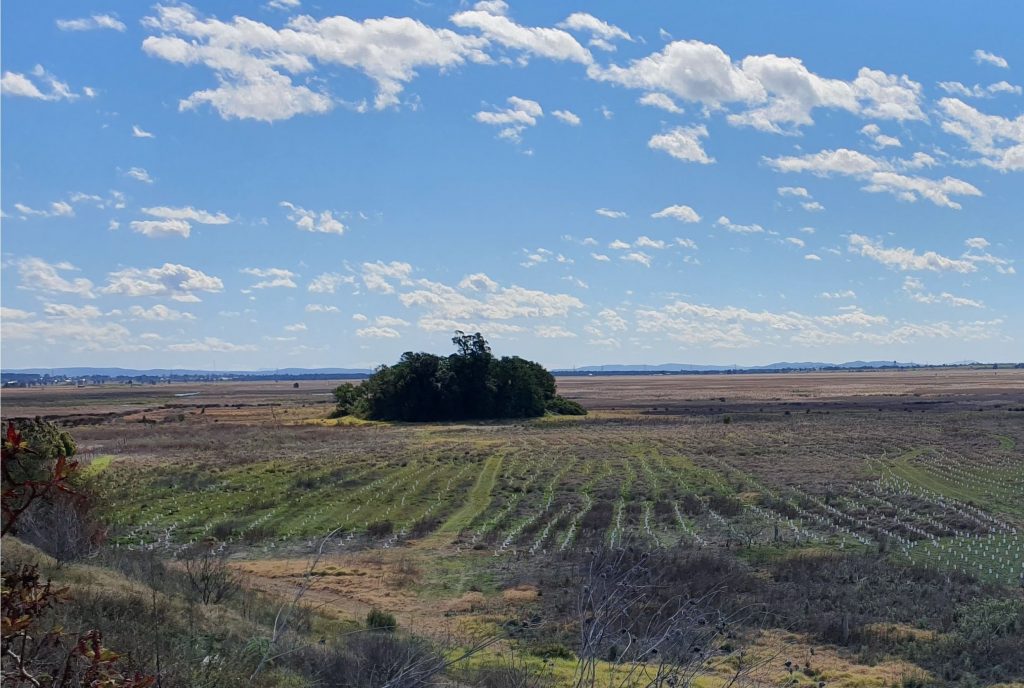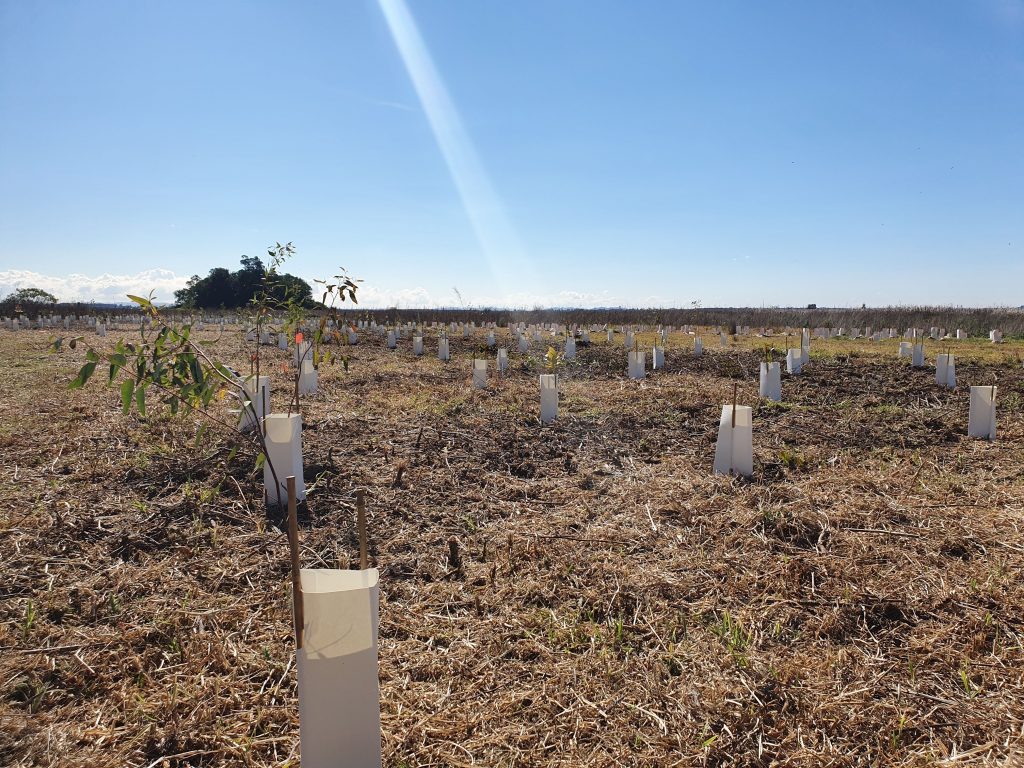
A nearly 10-hectare section of the Hexham Wetlands has become the first site in Newcastle to be protected with an Aboriginal Place declaration.
The 9.6 hectares known as Rocky Knob near Fletcher within an area of Burraghihnbihng (Hexham Wetlands) and was traditionally used as a hunting and gathering place of the Pambalong Clan of the Awabakal People.
Associated with spiritual beliefs that have been passed down through generations, the site is a place of ceremony and ritual used to mark the passing of ancestors and is one of the few undisturbed Aboriginal burial grounds that still exist in NSW.
Newcastle Lord Mayor Nuatali Nelmes said it was important to honour the traditional custodians of the land and their cultural practices by conserving the region’s rich Aboriginal heritage for future generations.
“I am pleased NSW Minister for Environment and Heritage James Griffin has taken steps to safeguard the cultural significance of this site by declaring it Newcastle’s first official Aboriginal Place,” Cr Nelmes said.
“This will provide it with valuable protection under the National Parks and Wildlife Act and ensure it can continue to be a place where cultural practices and stories can be passed on to future generations of First Nations people.”
Rocky Knob is connected through songlines to other cultural sites in the area, including Mount Sugarloaf, Black Hill Ridge and the Doghole Cultural Site in Stockrington.

“Rocky Knob is considered by the Awabakal peoples as a significant spiritual and sacred area,” said Ms Kerrie Brauer on behalf of the Awabakal Traditional Owners Aboriginal Corporation and the Awabakal Descendants Traditional Owners Aboriginal Corporation.
“The continual protection of Rocky Knob is so vitally important to our People, and the Aboriginal objects collected within close proximity are physical reminders left by our Ancestors which provide us as Descendants of the Awabakal People, an opportunity to make a physical connection through time with our Ancestors’, said Ms Brauer.
“Rocky Knob is an iconic landform and significant place within the landscape to the Awabakal Local Aboriginal Land Council and wider Aboriginal community. It is known for its spiritual, cultural, and aesthetic values,” said Peter Townsend on behalf of the Awabakal Local Aboriginal Land Council.”
Artefacts and burials found on and around Rocky Knob have the potential to contribute to our understanding of Aboriginal cultural practices in the Hunter Region and to NSW Aboriginal culture and history.

